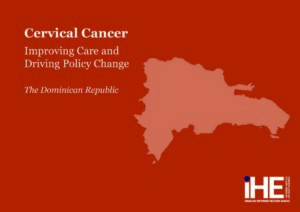Treatment Preferences for Acute Allergic Reactions: A Discrete Choice Experiment
Löfvendahl S, Andersson E, Olofsson S, Wahlberg K, Bjermer L, Tornling G, Hjelmgren J
Timely treatment of acute allergic reactions (AARs) is important to minimize reaction severity. Corticosteroid tablets dissolved in water are commonly used in mainstay treatment. Poor compliance is a common problem as patients often forget to bring their medication and thus do not have it available in the acute situation. A new oral film that dissolves on the tongue provides a faster and less cumbersome alternative to tablets for corticosteroid administration during AARs. This study evaluated patients’ preferences for attributes related to administration mode of corticosteroids in AARs.
A survey was sent to a sample from the adult Swedish population with experience of corticosteroid treatment for AAR. We assessed the willingness to pay (WTP) for attributes related to corticosteroid treatment by applying a discrete choice experiment (DCE) approach.
DCE attributes were:
• administration mode (dissolvable film vs tablets),
• time to symptom relief
• price.
We specified a forced choice (FC) and an unforced choice (UC) model. In the FC model, the respondents chose between 2 hypothetical treatments and in the UC model, between any of 2 hypothetical treatments and their current treatment.
The study population included 348 subjects. All the DCE attributes were significant predictors for the treatment choice (p<0.001). In the FC model, the incremental WTP for an oral film compared with tablets was 409 Swedish kronor (SEK [≈€36.7]), with no other factors considered. In the UC model, the incremental WTP for the oral film compared with tablets was 574 SEK (≈€51.7). After considering the value of the respondents’ current treatment, the WTP for the oral film decreased to 336 SEK (≈€30.3). Subgroup analyses showed that people with circulatory symptoms and experience of swallowing difficulties related to allergy medication had higher WTP for the oral film than the average respondent. Findings show a substantial economic benefit of the oral film vs tablets for patients with AARs in Sweden. This result remained also after compensation for the full value of the patients’ current treatment.
Read more and download the article
Journal of Health Economics and Outcome Research 2024:11(1):157-165
DOI: 10.36469/jheor.2024

